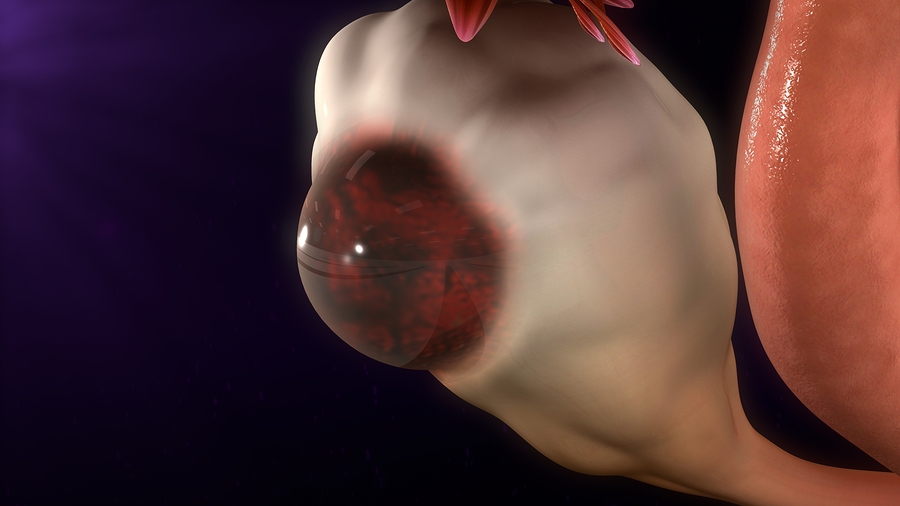Endometriosis – A War Of Its Own (4min Read)
Endometriosis is increasingly becoming a major problem and not enough women are aware of it. I come across women who have experienced period pain for several years and did not know it was because of endometriosis. I’ve personally heard it being described as ‘it feels like my body is at war with itself’. So what exactly is it and how does it affect the body?
Endometriosis is when the tissue that lines the inner part of your womb begins to break away and migrate outside the walls of your uterus. As these tissues find a new home in other parts of your body, they form lesions in your pelvic area and abdomen and continue responding to hormonal cues during your period. This means these tissues shed and bleed in the same way they would inside your uterus. However, because there’s nowhere for the blood to go, the internal bleeding leads to inflammation and discomfort.
The common symptoms typically include:
- Infertility,
- Pelvic pain,
- Diarrhoea, constipation and nausea
- Pain during sex felt deep in the pelvis
- Painful urination and bowel movements
1 in 10 women in the UK alone are said to be affected by this condition and it takes seeing an average of 7-10 doctors before the condition is properly diagnosed. Although the exact cause is said to be unknown, inflammation may have a role to play. A study in women with endometriosis found that inflammatory markers were significantly higher in those with the condition compared to those without. If you suspect you may have this condition based on the symptoms mentioned above, then do seek professional medical attention for a proper diagnosis. Contrary to popular belief, there are things you can do prevent and treat the underlying root causes of inflammation. For great tips and solutions to reducing period pain naturally, sign up for your FREE guide ABC to Living Pain-Free today.
Wishing you well in your journey of healing and recovery!
References
Anglesio, M.S., Papadopoulos, N., Ayhan, A., Nazeran, T.M., Noë, M., Horlings, H.M., Lum, A., Jones, S., Senz, J. and Seckin, T. (2017) Cancer-associated mutations in endometriosis without cancer. New England Journal of Medicine, 376(19) 1835-1848.
Bougie, O., Chen, I. and Singh, S. (2016) Influence of diet on development of fibroids and endometriosis, analysis of the national health and nutrition examination survey. Journal of Minimally Invasive Gynecology, 23(7) S111.
Eisenberg, V., Cohen, L., Zajicek, M., Yulzari, V., Bouaziz, J. and Soriano, D. (2017) OC22. 03: The relationship between gastrointestinal symptoms and ultrasound findings in women with suspected endometriosis: A prospective pilot study. Ultrasound in Obstetrics & Gynecology, 50(S1) 45-46.
Mu, F., Harris, H.R., Rich-Edwards, J.W., Hankinson, S.E., Rimm, E.B., Spiegelman, D. and Missmer, S.A. (2018) A prospective study of inflammatory markers and risk of endometriosis. Women, 1 4.
Radhika, A.G., Chawla, S., Nanda, P., Yadav, G. and Radhakrishnan, G. (2016) A multivariate analysis of correlation between severity and duration of symptoms, patient profile and stage of endometriosis. Open Journal of Obstetrics and Gynecology, 6(10) 615.



